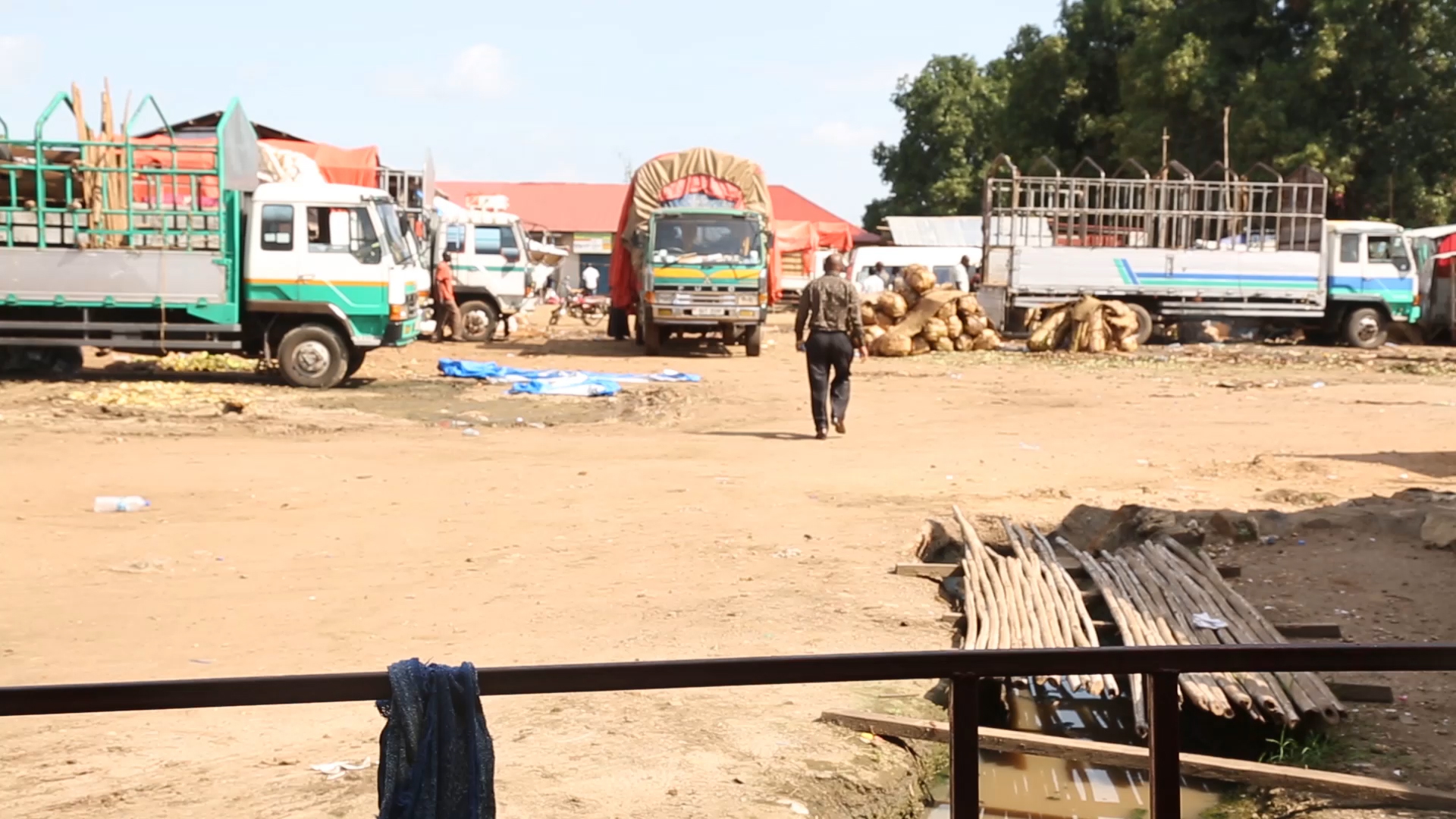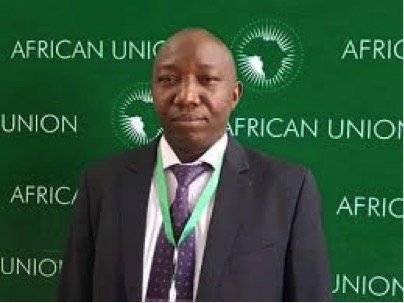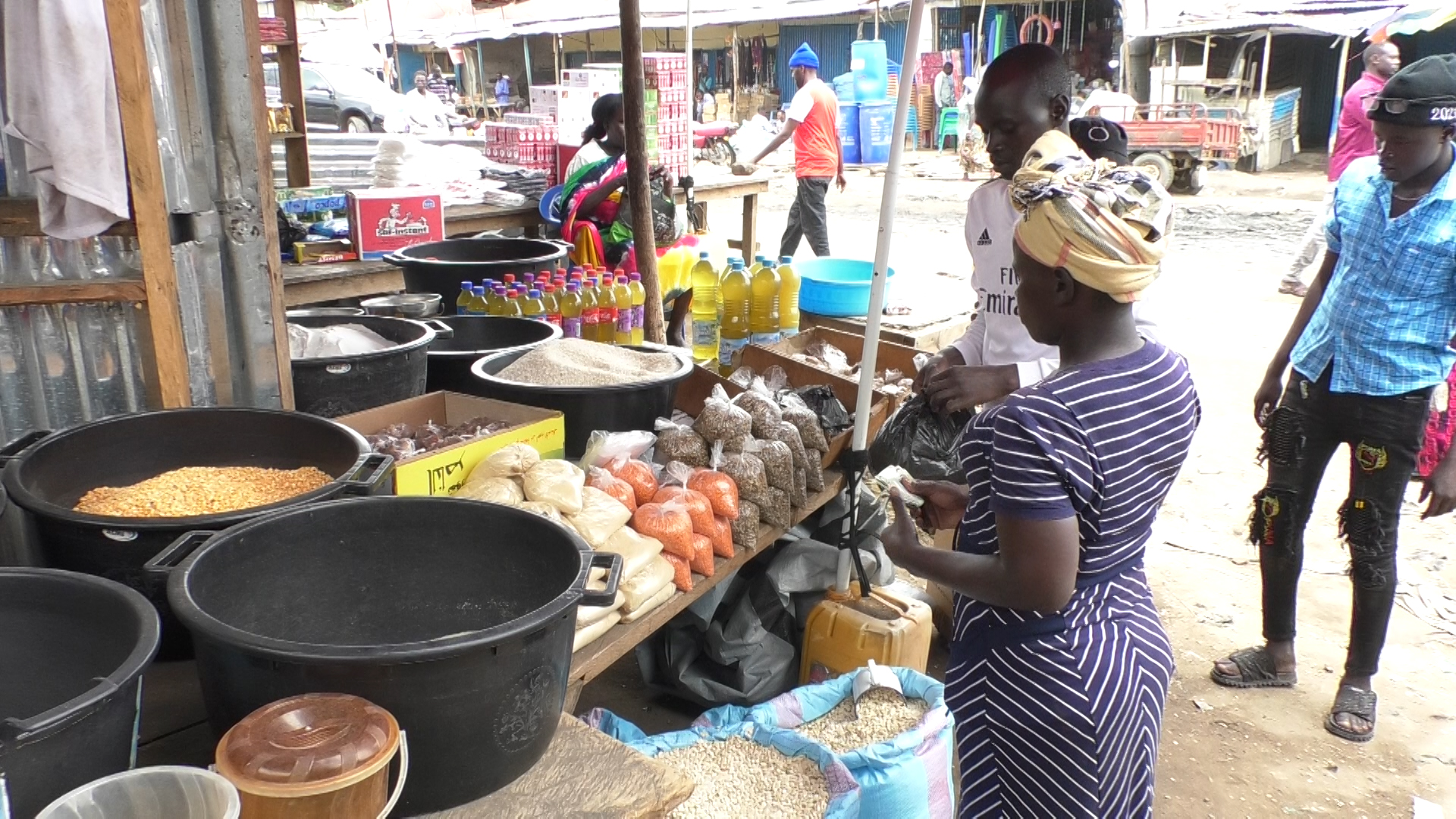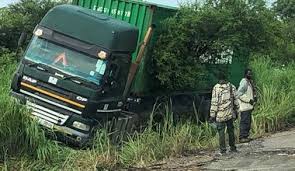
Violence leaves 26 dead across South Sudan in a day

By Garang Malak, Juba
Inter-communal clashes and road attacks in various parts of the country have left at least twenty-six people dead on Friday alone according to local authorities.
As per data acquired by Juba Echo on Saturday, local authorities say they are concerned that there is increase in insecurity across the country. Most of those killed are reportedly civilians.
Insights
A cattle raid related incident in Koch County of Unity State left at least eleven people dead. A similar-cattle linked spell on the same day also left six people killed in Ruweng Administrative Area (RAA).
In the Equatoria region, two road ambushes in Western and Central Equatoria States left a total of nine people killed.
One incident involved an ambush on Central Equatoria Governor’s convoy, where four of his bodyguards were killed by a yet to be identified gunmen.
South Sudan’s government continues to accuse the National Salvation Front (NAS) led by Gen. Thomas Cirilo Swaka, a holdout (rebel) group of causing havoc along Juba-Yei Road.
Authorities in Western Equatoria State also accuse the same rebel group, the National Salvation Front, of being behind the Maridi County attack that claimed five lives on Friday morning, however, NAS has not responded.
Civil Society perspective
Reacting to the violence, Mr. Peter Malir Biar, Juba-based activist, who is an Executive Director at Christian Agency for Peace and Development – a civic education, human rights advocacy and peace building organization blamed the continued attacks on slow implementation of the 2018 peace accord.
“The agreement mandated all parties to the deal to engage with the public by carrying out dialogues and sensitizing the public on the peace deal. It also stipulated for unification of all forces and for disarmament to be done. But none has been done.” Said Malir
“You can also see the slow formation of State governments, which are supposed to handle local issues related to gun-violence. These gaps are aiding the killings across the states which is a big failure of the unity government.” Added Malir.
Malir advised the presidency to immediately come up with a road map which clearly defines how it will tackle insurgency across the country.
Appeal in vain
Last year, a civil society activist urged president Kiir’s administration to reward monetary or cattle as an exchange element for youth to voluntarily hand over firearms and ammunition in their possession to the government.
“The main contributing reasons for proliferation of arms in the hands of communities include lack of government policy to support youth on entrepreneurship programs, ethnic incited community violence, cultural beliefs and poverty,” said Peter Malir Biar, Juba-based activist last year.
“Several initiatives such as youth peace dialogues, community mobilization, intergenerational dialogues and peace champions have been suggested but mostly no action followed.” Added Malir
Firearms in the hands of civilians
Many UN reports have attributed the continued grassroots conflict and insecurity to the presence of arms in the hands of civilians.
In July last year, President Salva Kiir launched a disarmament campaign across the country in an attempt to end the circle of violence in the restive states.
President Kiir then authorized his national army, the South Sudan People’s Defense Forces (SSPDF) to embark on the exercise.
The campaign targeted armed civilians in Lakes, Terekeka, Warrap and Jonglei among other areas.
But a survey released recently by a national civil society organization working to reduce the number of firearms among the civil population across the country said some communities refused to follow President Kiir’s conflict resolution initiative, saying the approach leaves some communities vulnerable to others.
A consultation done by South Sudan Action Network on Small Arms (SSANSA) indicate the communities said it was not sensible for some communities to be left armed while others still possess arms.
According to the group, disarming some communities and leaving other armed would leave some communities vulnerable to others, stressing that communities that are not reached by the exercise will utilize the chance and raid cattle and other belongings of others who are disarmed.
Consultations from communities in Jonglei, Lakes, Eastern Equatoria and Warrap States later said the locals recommend for the destruction of arms and ammunition collected from communities in order to avoid arms reflow back to communities.
They also appealed to the government to create mechanisms that monitor, document, report and bring to justice members of forces that may abuse civilians’ rights during the process of civilian disarmament.




































